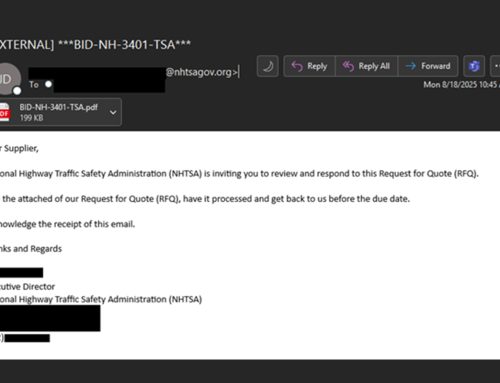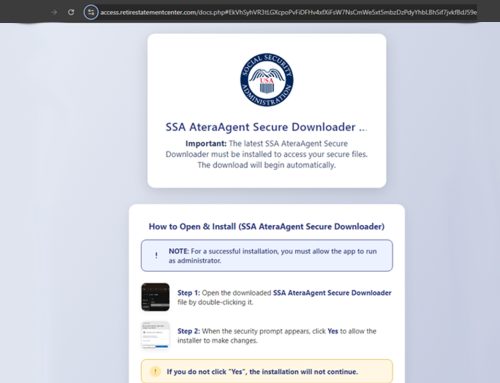NJCCIC Vishing Scam Reports
Scams
March 2, 2023
The NJCCIC recently received multiple reports of vishing schemes. In these calls, the scammer attempts to gain trust and legitimacy by sharing some of the recipient’s personal details; however, this information is typically a collection of aggregated publicly available details easily found online. This information may include first and last name, age, address, place of employment, education history, and family member information. Some of this information may be outdated or pertain to a partner instead of the call recipient. The scammer may then attempt to convince the recipient to provide additional personal details, purchase fraudulent goods or services, or grant access to their account or device. The phone numbers used in vishing campaigns vary and change frequently, and scammers often spoof official phone numbers to appear legitimate. Vishing calls may be persistent, and potential victims may be contacted multiple times a day.
One vishing report recently received by the NJCCIC detailed a campaign in which the caller claimed to be a Medicare representative. The following phone numbers and transcript were observed in this campaign:
- 888-383-2017
- 833-386-2609
- 833-426-1857
- 833-426-1866
- 833-426-1775
- 888-393-0766
“Hi there, gate. This is Glenda and I’m at Healthcare Health Center. Is this Robert? Is this Robert I’m speaking with? All right, perfect. Well, Robert, the reason why I’m calling is to provide your info, information, and options on your Medicare supplemental plan.”
The NJCCIC highly recommends users refrain from answering unexpected calls from unknown contacts. When receiving unsolicited phone calls, do not respond to any requests for sensitive information or access. If suspicious inquiries are made from individuals claiming to represent a trustworthy organization, hang up and call the organization back using the official phone number found on their website. The NJCCIC encourages those targeted by vishing scams to report the incident to the NJCCIC and the FBI’s Internet Crime Complaint Center (IC3).
For any further questions, contact us here at Cyber Command.





